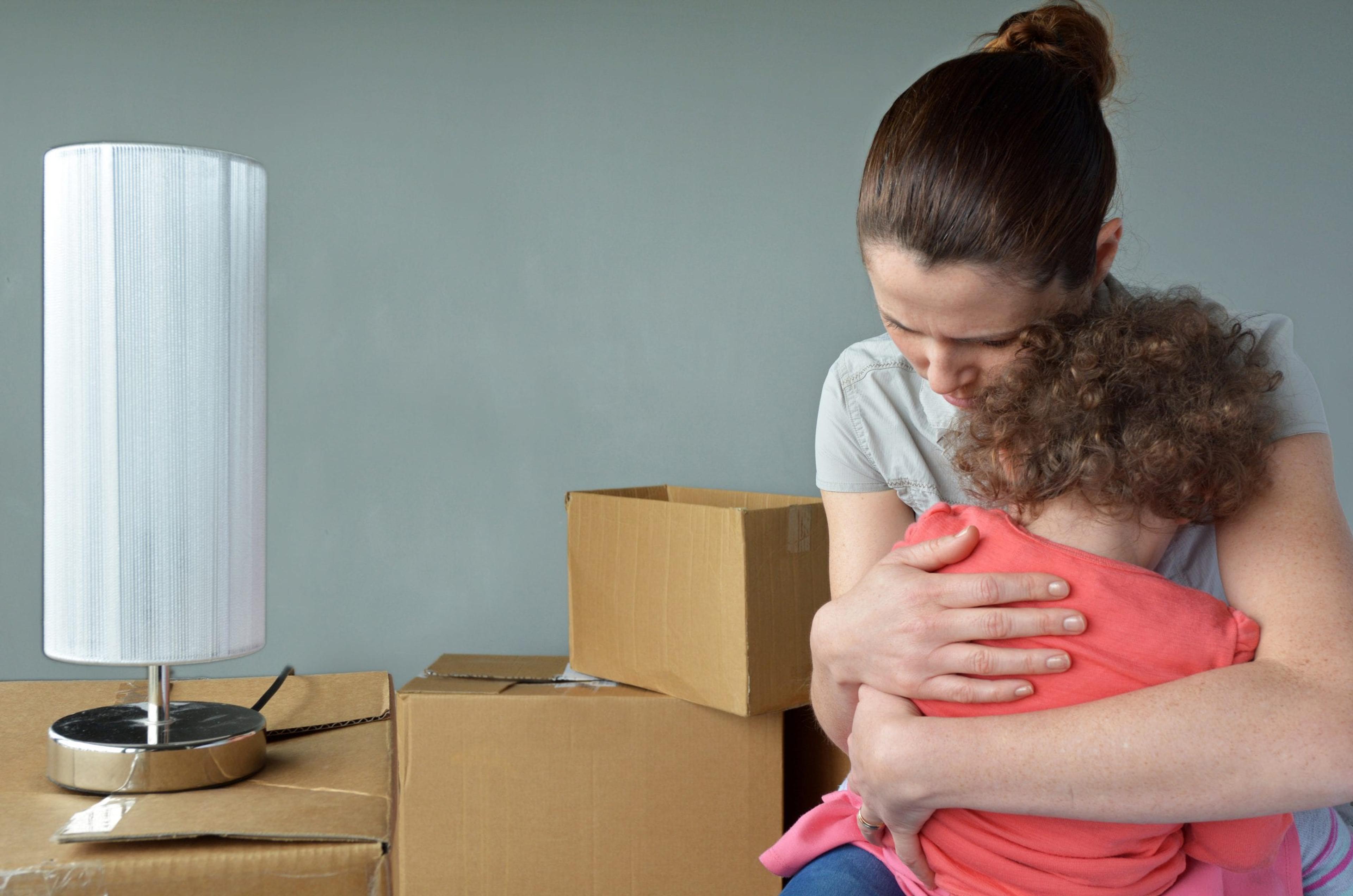Serving People Experiencing Homelessness in the Upper Peninsula
Julie Bitely
| 4 min read

Nick Emmendorfer sees two distinct groups of people seeking support at Room at the Inn, an emergency shelter and warming center located in Marquette, where he’s served as executive director for the past two years. On any given day, about 30 people access services including meals, overnight shelter and a place to get out of the elements during the day. About half are chronically homeless. Many of the people in this group have some sort of disability, which includes mental illness or substance use disorder. To successfully transition to permanent housing, they would need additional supportive services, Emmendorfer said. “We’re seeing a lot of issues with addiction, sobriety and mental illness,” he said. The other half have hit hard times – they might’ve lost a job, been evicted or faces temporary setback that has led to losing their residence. “They need what everyone else needs – a job, an affordable apartment and sometimes food assistance,” Emmendorfer explained. “Once those needs are met, they’re more or less self-sufficient.”
Triage with no long-term care plan
Room at the Inn has operated the warming center and coordinated with area churches to provide overnight shelter on a rotating basis. This month, work will be completed to renovate the space over the warming center to provide 30 permanent beds, as well as men’s and women’s restroom and shower facilities. Emmendorfer is excited for a more permanent space but he acknowledges that more needs to be done to help the chronically homeless in Marquette and the U.P. He likens the emergency shelter to an emergency department at a hospital. “The way it works, in theory, is that you go to the emergency department if you have a health crisis,” he said. “They triage you and set you up with a long-term care plan. We only have the triage. We don’t have the long-term care plan. Every time someone sets foot in here, there’s no clear path for them.” He explained that particularly in Marquette, vulnerable populations looking for affordable housing are often competing with college students attending Northern Michigan University. There are also limited mental health and substance use disorder counseling options, compounded by the fact that they might not be accessible geographically or financially.
Limited resources for long-term support
People in Marquette facing homelessness can find help through Community Action Alger-Marquette, the Housing Assessment and Resource Agency for Marquette and Alger counties, as well as many other Upper Peninsula counties. Every county in Michigan has a HARA, which serves as a first point of contact for people currently experiencing homelessness or for those on the brink. Between October 2019 through September 2020, Community Action Alger-Marquette assisted 811 people facing homelessness, said executive director Michelle LaJoie. When someone contacts the agency, they’re connected to places like Room at the Inn. Families are often provided with a motel voucher. From there, the agency works to connect people to some of those supports that Emmendorfer views as vital. Whether it be substance use disorder counseling, job placement support, food and utility assistance as well as financial education services and connections to health care providers, the goal is to get people to a place where they can maintain permanent housing. LaJoie agrees with Emmendorfer that there often aren’t enough resources to go around. “I think people look at homelessness as something that is their fault,” LaJoie said. “It’s not.” Even when people do manage to find affordable housing, holding onto it is another story. Barriers to transportation and employment mean people on the brink might be a car breakdown or missed shift away from not being able to make their rent payment. “A lot of working families are a paycheck away from needing help,” she said.
- Learn more about how housing instability and homelessness negatively impact health outcomes.
- Learn more about how housing instability and homelessness are expected to increase due to COVID-19.
Editor's Note: This is one story in part of a year-long blog series. Blue Cross Blue Shield of Michigan journalists will be diving into some of the environmental and socio-economic reasons behind disparate health outcomes for certain groups of people. While there is no one answer or simple solution to resolving these complex issues, we’ll talk to community organizations working to address social determinants of health in neighborhoods and communities across Michigan, as well as highlight work that Blue Cross is doing to contribute to solutions for the health of all Michiganders. Related:
Photo credit: chameleonseye





